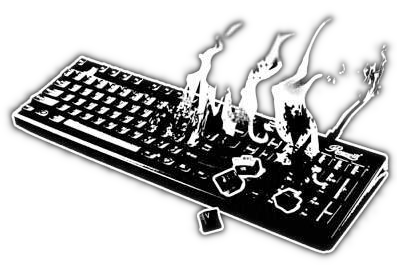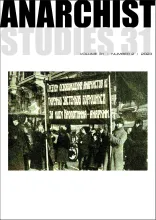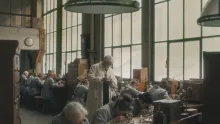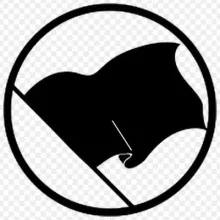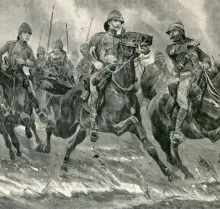Anarchist Authorship
From Ignited in Dark
Novatore, in their iconoclastic impulse, was writing to stir and exalt their spirit, to meander in their inner garden and herald its outer sunshine. They were not setting out to become an intellectual figure like Marx or Proudhon; their battles were on the fields and in the streets equally so as in the pages of Nichilismo, Iconoclasta!, Il Libertario, et al. Rather, Novatore was inciting a practical possibility of Stirner and Nietzsche’s thought. They were demonstrating a sovereign reality of force and passion which, as Novatore says, “…bursts beyond every dam and overflows beyond every boundary, stirring action on its way.” Novatore was a vagabond, a deserter, an illegalist, an agent of self-will through and through; they embodied not simply poetic anarchist mockery, but the entirety of the self-owned spirit.
